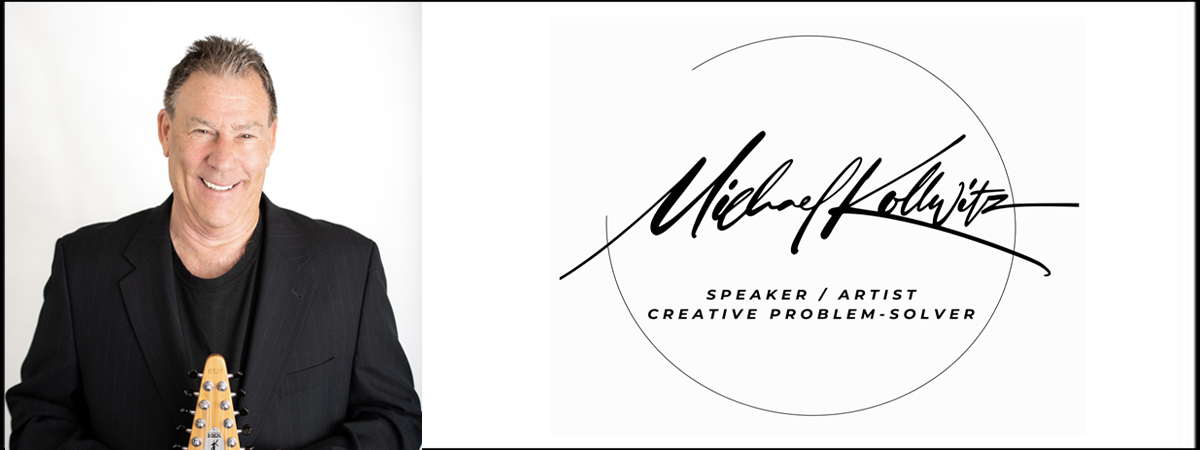 Last week, I came across an inspiring post that I shared on Facebook. It was believed to be some of the last words of the late billionaire Steve Jobs, who passed away at the age of 56. I found the words profound, and they moved me.
Last week, I came across an inspiring post that I shared on Facebook. It was believed to be some of the last words of the late billionaire Steve Jobs, who passed away at the age of 56. I found the words profound, and they moved me.
The post discussed materialism versus relationships and how one can pay others to do things for you, but you can’t pay someone to be sick for you. He talked about the difference between wealth and love. As I said, they were profound words that I pondered. You can do an internet search for ‘last words of Steve Jobs’ and read them for yourself.
I think you’ll agree they are worth considering.
A few days later, I found a banner below my post informing me that I was spreading false information. I was shocked and clicked on the link to find out why this was false. It took me to a page written entirely in French. I had it translated into English and discovered that Steve Jobs’ actual last words, according to his sister, were,”Oh wow, oh wow, oh wow.”
So, it turns out that the wise words I shared belong to someone else, not Steve Jobs. Of course, we will never be able to ask him, but it got me thinking about the difference between truth and fact. I always thought that truth remains true, and therefore, it must be a fact. But was I wrong?
I came to the conclusion that if something feels like the truth, it is, regardless of who said it. Social media companies can tell us what is true and what is not. Late-night talk show hosts make fun of it, and one of them even called it “truthiness.” They may think we are gullible, but we are not. Our internal compass will always point us toward the truth, even if independent fact-checkers tell us otherwise.
It doesn’t matter if Steve Jobs said it or not. A wise person out there somewhere did, and I’m glad I found them.

No Comments Yet